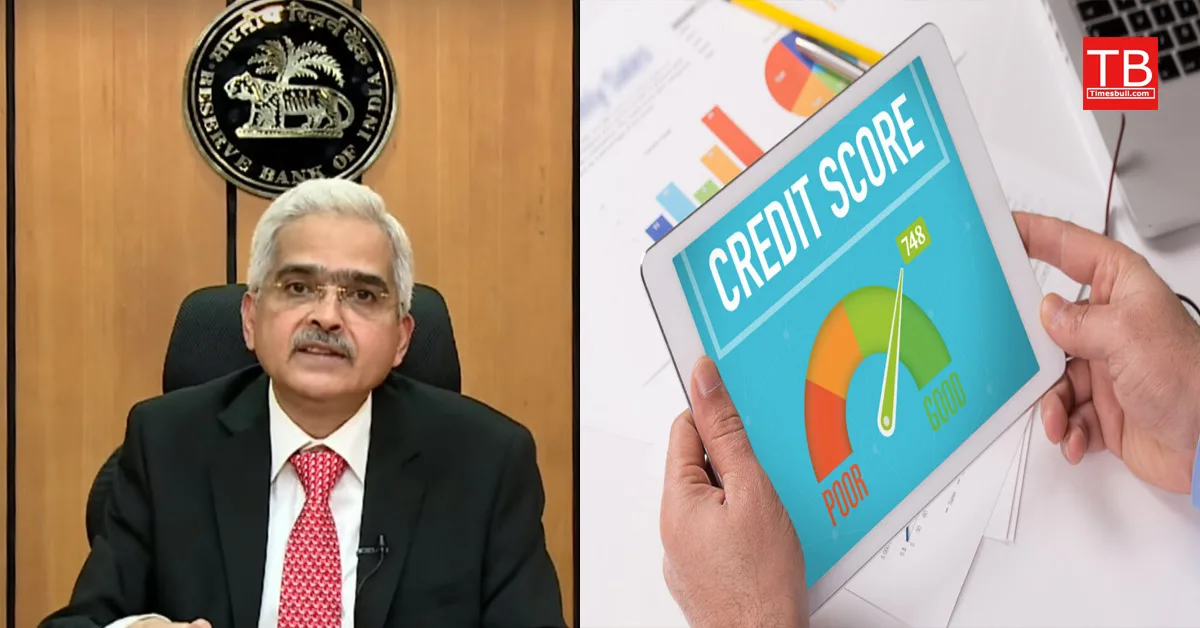Every person’s CIBIL score should be good. A good CIBIL score makes it easier for banks to approve your loan. It is also important for other financial matters. The Reserve Bank of India (RBI) has set 6 rules for maintaining a good CIBIL score. By following these rules, you can improve your CIBIL score. Let’s learn about these rules.
What is a CIBIL Score?
A CIBIL score is a three-digit number that represents your credit history and rating. It ranges from 300 to 900, with a higher score indicating better creditworthiness. The closer your score is to 900, the stronger your credit profile.
Why Does the CIBIL Score Matter?
- The CIBIL score plays an important role in loan approvals.
- When you apply for a loan, banks and financial institutions first check your CIBIL score and credit report.
- If your CIBIL score is low, the bank may reject your application immediately.
- If your CIBIL score is high, the bank will proceed with other checks before approving your loan.
A high CIBIL score creates a good first impression for lenders, increasing your chances of getting a loan or credit card. However, the final loan approval decision depends on the bank, not CIBIL.
Key RBI Rules for CIBIL Score You Must Know
1. CIBIL Score Updates Every 15 Days
As per RBI rules, your CIBIL score will now be updated every 15 days, i.e., twice a month. This rule will be effective from January 1, 2025. Frequent updates will help banks approve loans faster and benefit customers.
2. Notification When CIBIL is Checked
Whenever a bank or NBFC checks your credit report, they must inform you via email or SMS.
3. Clear Reason for Rejection
If a bank rejects your request, it must inform you of the reason. This will help you reapply with the necessary corrections.
4. Free Credit Report Once a Year
Credit companies must provide customers with a free credit report once a year. This facility will be available online.
5. Advance Warning Before Default Reporting
If a customer is about to default, the company must notify them before reporting it as a default.
6. Complaint Resolution Within 30 Days
Credit companies must resolve complaints within 30 days. If they fail, they will be fined ₹100 per day. Loan providers have 21 days, and credit bureaus have 9 days to resolve issues.
